Photo credits: The Philadelphia Inquirer
The so-called “antebellum years” of U.S. history spanned from 1820 to 1860. This 40-year period has been defined as the American era of turbulence that catalyzed the nation’s Civil War, which began in 1861.
During the 19th century, the so-called United States of America consisted of two multi-state regions that exemplified no unification. The so-called Union states of America’s North region were becoming more urbanized. Agricultural life existed in the form of small farmsteads. The industrialization of cities in the North fueled an economy, which relied on an improved transportation system.
The Union became more industrialized into a manufacturing hub where different industries were fueled. Commerce was dependent on the functionality of sophisticated machinery. Therefore, the need for black slave labor dropped significantly as the North continued to urbanize. However, in the Confederacy states of America’s region in the South, urbanization lagged behind.
With its warmer and more humid climate, the South’s vast rural enclaves created a less modernized economic atmosphere. The cultivation of so-called cash crops, such as cotton and tobacco enriched southern slaveholders and their bankers. Unlike the North’s small farmsteads, the South had massive farmland areas with slave plantations on them.
The South’s so-called “peculiar institution” of slave ownership pacified the plantation owners. They saw no need for industrialization in their region because of how money continued to roll in. To this day, the old country lifestyle and how it romanticized black slavery is a degenerate relic of American history Southerners still hold dear to.
However, America’s bloodiest war on record (the Civil War of 1861-1865) usurped the Confederacy’s claim of statehood. Also in 1865, the enslavement of non-incarcerated black people was legally abolished. The Union states of the North are often historically characterized as the so-called “good guys” who did away with the evil of the Confederacy’s pro-slavery empire.
But did the North have a rogue state within the Union that allowed slavery to live on under its radar until the bitter end?
Robert Hennelly, an investigative reporter, is the author of a column titled Secret History of a Northern Slave State: How Slavery Was Written Into New Jersey’s DNA. In his historical archive, Hennelly (a white man) ventures in the opposite direction of history’s uncountable numbers of lies about how sinless the North was.
When it came to causing the most indelible bloodstain on America’s history, New Jersey upheld black dehumanization like a battle shield.
“[Jim] Gigantino, author of the recently released book The Ragged Road to Abolition: Slavery and Freedom in New Jersey 1775-1865 says that after the Civil War, New Jersey obscured its well-established support of slavery by choosing to ‘memorialize things about the end of slavery,” Hennelly wrote.
Also, in modern-day news, political and general debates continue to rage on about banning the display of the Confederate flag of America’s old, pro-slavery South. The U.S, Marine Corps recently enforced a ban, which prohibited the flag’s display on any car parked on Marine Corps property, including on bumper stickers.
However, since the findings in Hennelly’s report and the hidden revelations of Gigantino’s book are also historically accurate, the romanticism of Union “heroics” may need to cease. If the Union looked the other way while one of its Northern “allies” in the Civil War quietly upheld a crime against humanity, it might be time to start demonizing both warring sides, not just the South.
Finally, since incarcerated blacks are not covered under the U.S. law that abolished slavery in 1865, today’s predominantly black prison population should serve as proof that a war against black humanity continues. Today’s judicial system should give black America enough empirical evidence to see that its people are still legally classified as slaves.
Though seeing old history’s symbols of white barbarism causes various brands of discomfort, actionable, modern-day editions of that same anti-black barbarism must also be denounced.

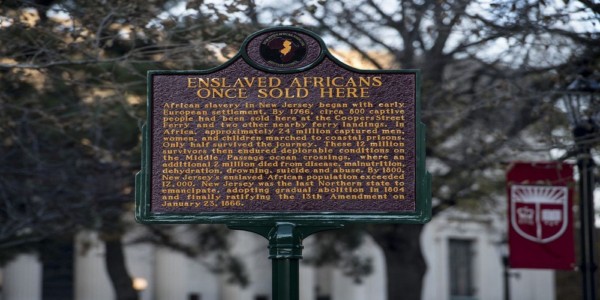




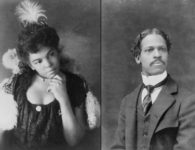
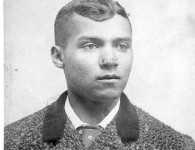


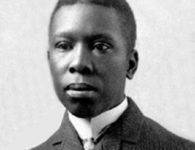
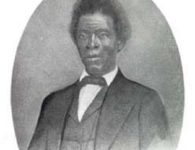






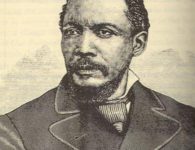



No comments